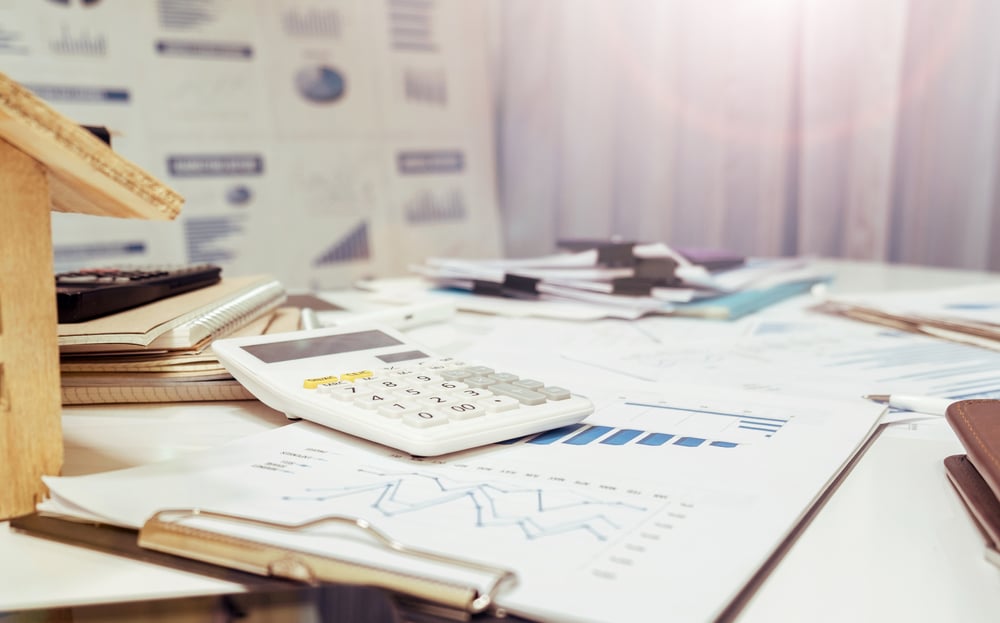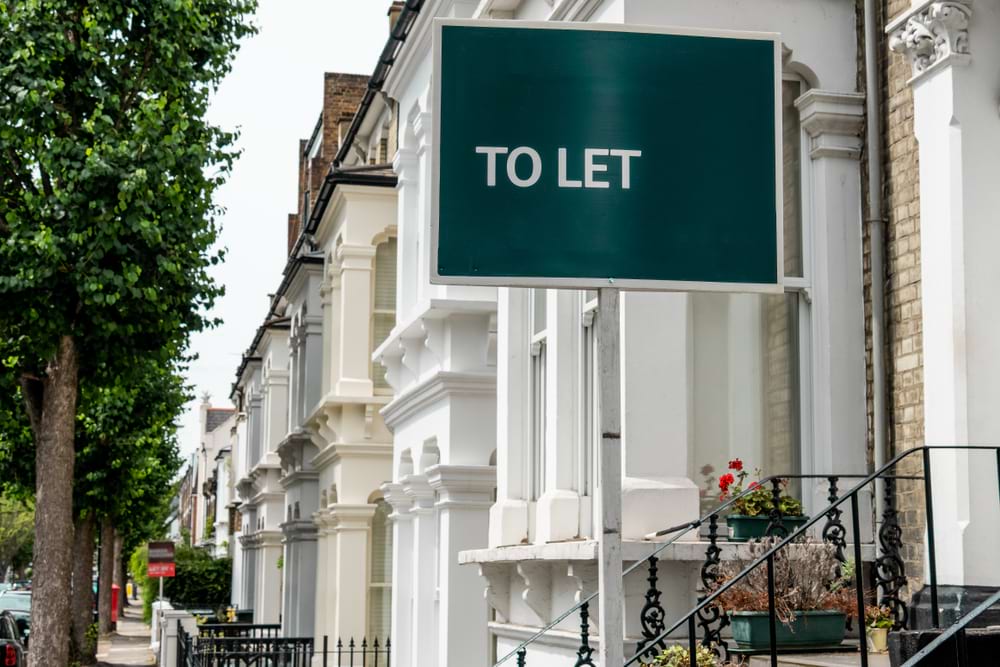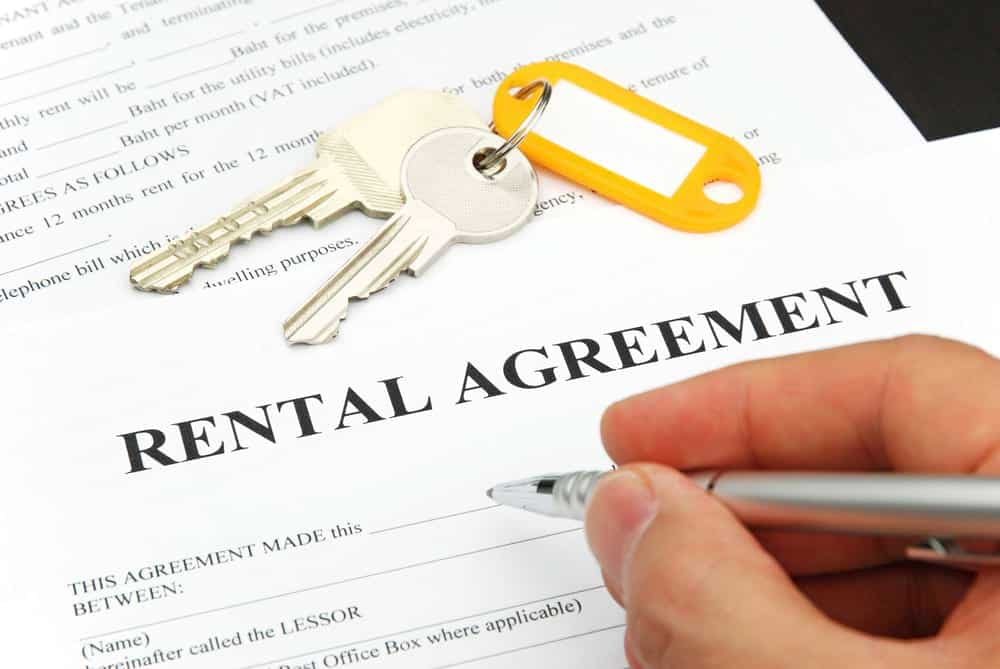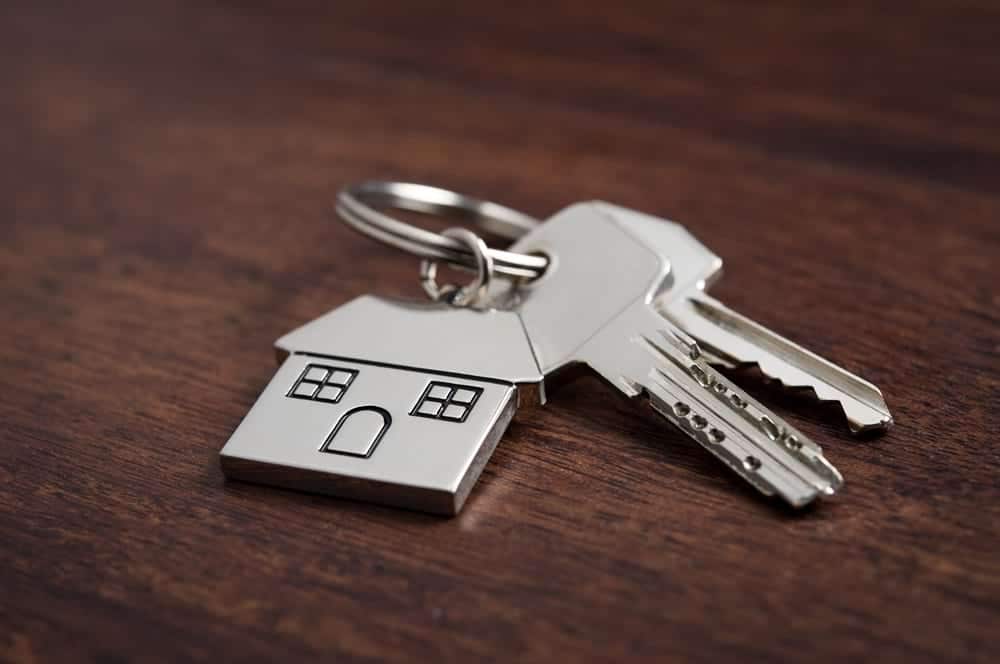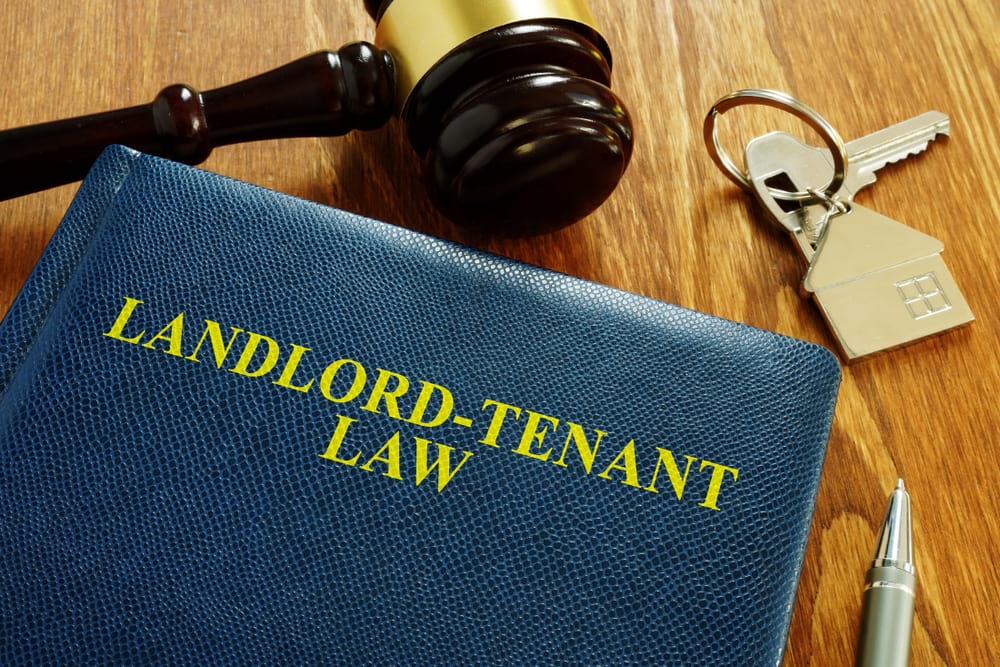When it comes to buy-to-let properties, the question of who pays taxes can be a complex one.
So, who is responsible for paying these taxes — the landlord or the tenant?
In this article, we’ll help you navigate the complex world of buy-to-let tax.
Who pays taxes on buy-to-let?
When you become a landlord, and are ultimately responsible for managing the property and the tenancy.
This means maintaining the property, collecting rent, and ensuring that the tenants are living in a safe and habitable environment.
Unfortunately for landlords, it also means paying the taxes on the property.
Do I pay tax then renting?
As a landlord
Knowing what tax to pay and when can be stressful for landlords…
In some cases, landlords may be able to pass on some of the costs associated with these taxes to their tenants through higher rental payments.
However, ultimately, it is the landlord’s responsibility to ensure that all relevant taxes are paid in full and on time.
The below taxes are the most common.
Income Tax
As a buy-to-let landlord, you are required to pay tax on the rental income you receive. Rental income is considered taxable income, and you must report it to HM Revenue & Customs (HMRC).
The amount of tax owed is based on the landlord’s income tax bracket. Landlords can deduct certain expenses from their rental income, such as mortgage interest, repairs, and maintenance costs.
Stamp Duty Land Tax (SDLT)
When a landlord purchases a buy-to-let property, they are required to pay stamp duty land tax on the purchase price.
The amount of tax owed is based on the purchase price of the property and the landlord’s tax status.
Capital Gains Tax
If the landlord then went on to sell the property, they may be subject to capital gains tax on any profit made from the sale.
The amount of tax owed is based on the landlord’s income tax bracket and the length of time they owned the property.
Council Tax
Landlords are responsible for paying council tax on their rental properties if the property is not occupied by tenants.
If the property is occupied by tenants, the tenants are typically responsible for paying council tax.
VAT
Landlords who provide certain services to their tenants, such as cleaning or maintenance, may be required to pay VAT on those services.
As a tenant
In the United Kingdom, the responsibility for paying taxes on rental income falls on the landlord rather than the tenant.
Council tax
However, tenants may be required to pay council tax on the property they are renting.
Council tax is a local tax that is used to fund services provided by local authorities, such as rubbish collection and road maintenance.
The amount of council tax a tenant is required to pay will depend on a variety of factors, including the size of the property and the area it is located in.
Other taxes
There are also certain circumstances where tenants may be required to pay additional taxes, such as if they are subletting a room within the property to another tenant.
In this case, the tenant who is subletting the room would be responsible for paying tax on any income they receive from the subletting arrangement.
Seeking independent financial advice for tax questions
When it comes to tax questions related to buy-to-let mortgages and properties, or selling a tenanted property, seeking independent financial advice is highly recommended.
Tax laws can be complex and subject to change, and it’s important to ensure that you’re complying with all relevant regulations.
An independent financial advisor can help you navigate the tax landscape and ensure that you’re making the most of any available tax breaks.
Buy-to-let investments can be a lucrative opportunity for those looking to generate rental income, but only if you understand the tax implications.
